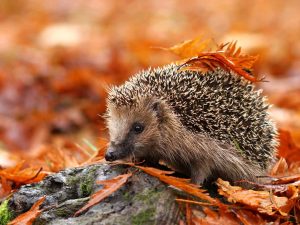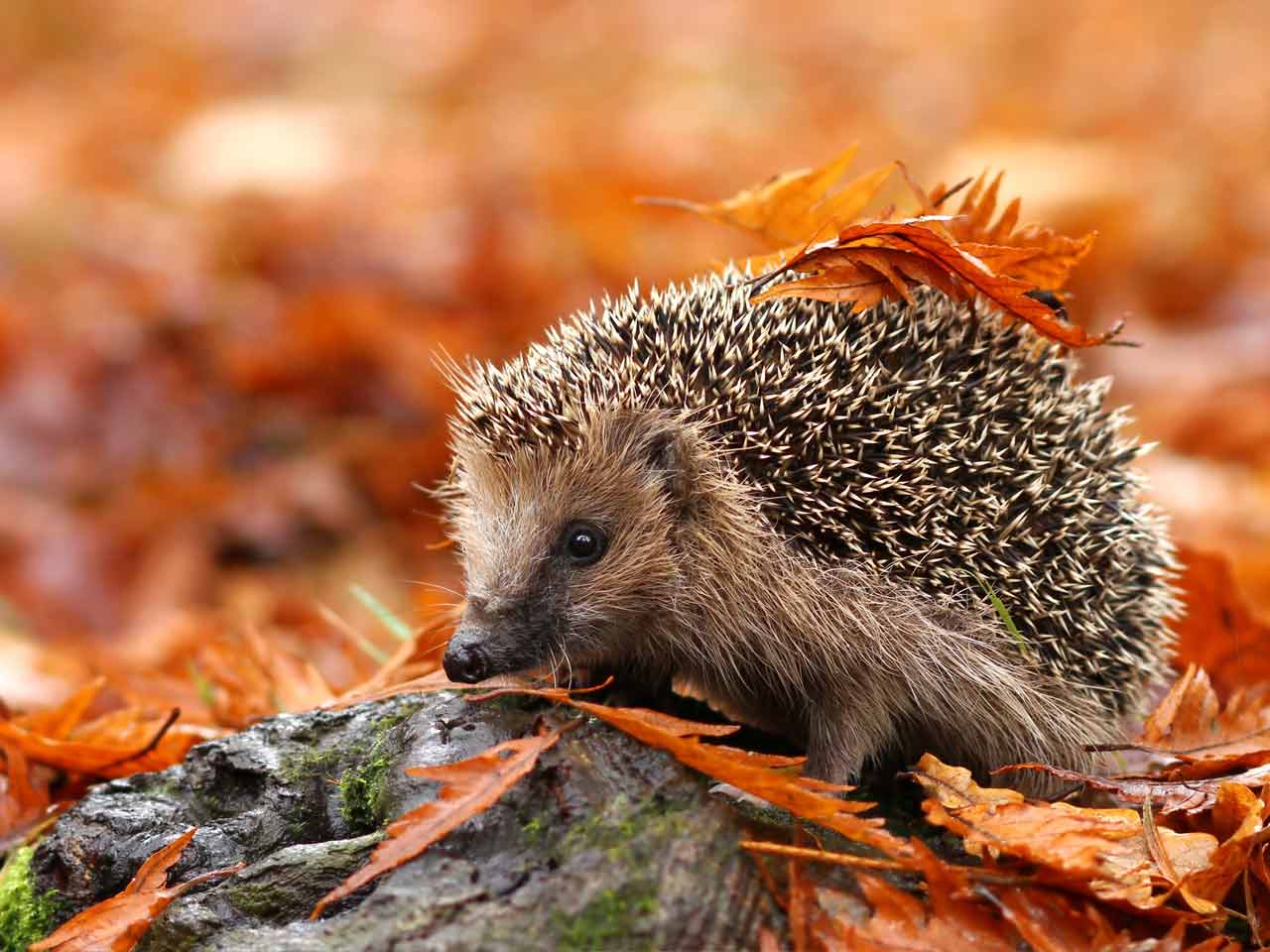
More than 57,250 people have signed a petition to save Britain’s dwindling hedgehog population.
Wildlife experts have recently moved the hog to a “vulnerable to extinction” listing.
Now, petitioners want the Government to give the mammals protection under Schedule 5 of the Wildlife & Countryside Act 1981.
This will afford hogs greater safety – allowing their numbers to recover.
If the petition hits 100,000 signatures it could open a Commons debate.
Fay Vass, CEO of the British Hedgehog Preservation Society, has launched the campaign.
She said:
“What people do on behalf of the hedgehog is amazing.
“The holes made in fences, the feeding, the hedgehog houses, the wildlife friendly planting, the removal of hazards – all makes such a difference locally.
“But it is not enough to rely on the good will of individuals to protect this important creature.
“We need the government to enforce wildlife-friendly practices.
“From farming to development to transport – wildlife needs to be taken seriously.
“The Government recently announced a ban on the outdoor use of metaldehyde – an active ingredient in slug pellets.
“But more needs to be done.”
So far, the Government’s written response is:
“We are concerned about the decline in hedgehog numbers in England and the findings of the Red List for British Mammals, published earlier this year by the Mammal Society, which has classified hedgehogs as ‘vulnerable’.
“As set out in the 25 Year Environment Plan, we are committed to taking action to recover our threatened native species.
“Hedgehogs are protected by the Wildlife and Countryside Act 1981 from being killed using prohibited methods such as crossbows, traps and snares.
“Whilst the reasons for the decline in numbers of this native species are complex, the Government has not previously moved to protect this species under Schedule 5 as it is not clear that such protection would be of benefit to the species.”
Hedgehog help groups around the country report an increase in the animals being brought to shelters.
Many hogs have been injured by strimmers or have eaten rat poison and slug pellets.
A late breeding season has also seen small hedgehogs found struggling.
Without the help of welfare groups, they would not make it through the winter.





















